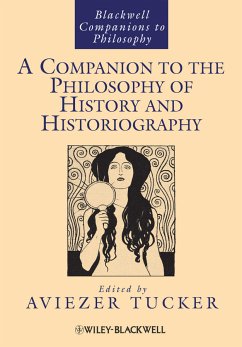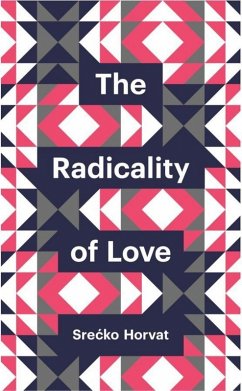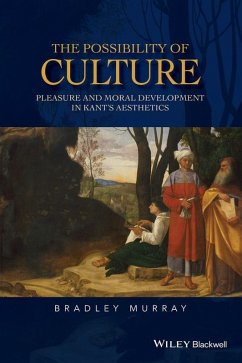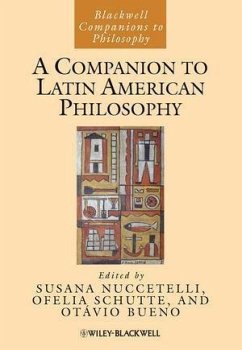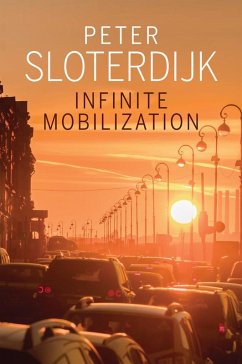
A Companion to the Philosophy of History and Historiography (eBook, PDF)
Versandkostenfrei!
Sofort per Download lieferbar
43,99 €
inkl. MwSt.
Weitere Ausgaben:

PAYBACK Punkte
0 °P sammeln!
A COMPANION TO THE PHILOSOPHY OF HISTORY AND HISTORIOGRAPHYThe philosophy of historiography examines our representations and knowledge of the past, the relation between evidence, inference, explanation and narrative. Do we possess knowledge of the past? Do we just have probable beliefs about the past, or is historiography a piece of convincing fiction? The philosophy of history is the direct philosophical examination of history, whether it is necessary or contingent, whether it has a direction or whether it is coincidental, and if it has a direction, what it is, and how and why it is unfolding...
A COMPANION TO THE PHILOSOPHY OF HISTORY AND HISTORIOGRAPHY
The philosophy of historiography examines our representations and knowledge of the past, the relation between evidence, inference, explanation and narrative. Do we possess knowledge of the past? Do we just have probable beliefs about the past, or is historiography a piece of convincing fiction? The philosophy of history is the direct philosophical examination of history, whether it is necessary or contingent, whether it has a direction or whether it is coincidental, and if it has a direction, what it is, and how and why it is unfolding?
The fifty entries in this Companion cover the main issues in the philosophies of historiography and history, including natural history and the practices of historians. Written by an international and multi-disciplinary group of experts, these clearly written entries present a cutting-edge updated picture of current research in the philosophies of historiography and history.
This Companion will be of interest to philosophers, historians, natural historians, and social scientists.
The philosophy of historiography examines our representations and knowledge of the past, the relation between evidence, inference, explanation and narrative. Do we possess knowledge of the past? Do we just have probable beliefs about the past, or is historiography a piece of convincing fiction? The philosophy of history is the direct philosophical examination of history, whether it is necessary or contingent, whether it has a direction or whether it is coincidental, and if it has a direction, what it is, and how and why it is unfolding?
The fifty entries in this Companion cover the main issues in the philosophies of historiography and history, including natural history and the practices of historians. Written by an international and multi-disciplinary group of experts, these clearly written entries present a cutting-edge updated picture of current research in the philosophies of historiography and history.
This Companion will be of interest to philosophers, historians, natural historians, and social scientists.
Dieser Download kann aus rechtlichen Gründen nur mit Rechnungsadresse in D ausgeliefert werden.




